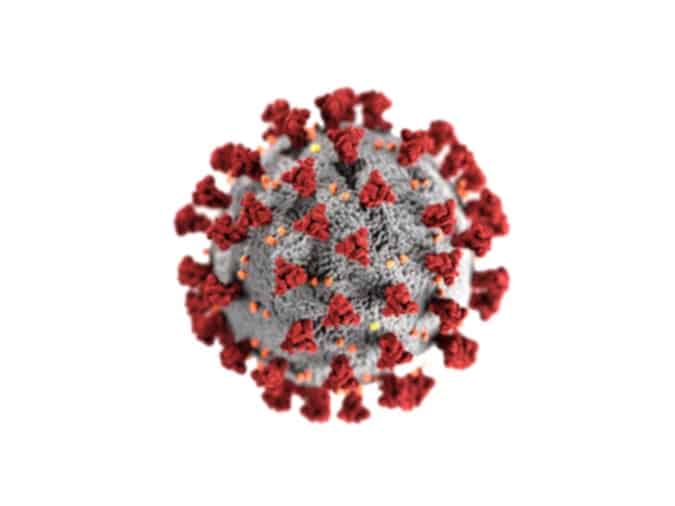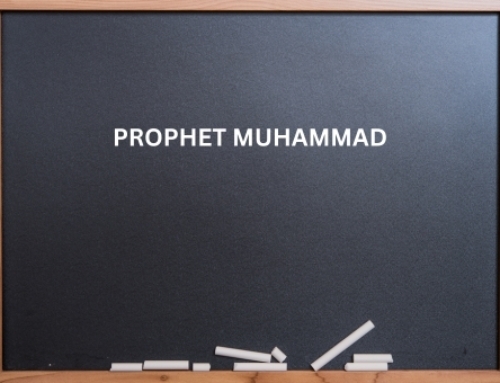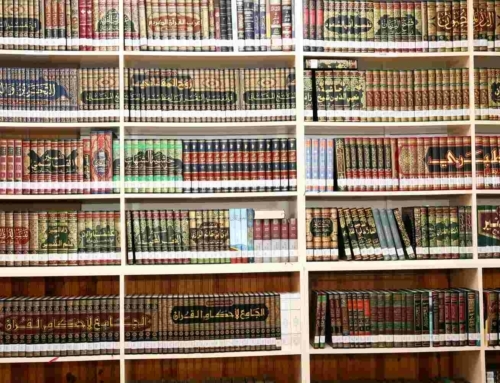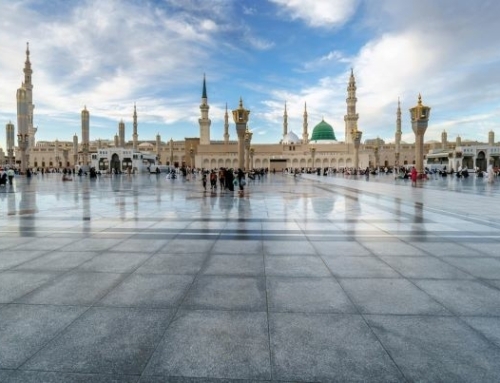The Islamic Way to Prevent The Spread of Disease
With the rise of the coronavirus, many people are understandably concerned about protecting themselves. Diseases and viruses have always been part of human history. This article seeks to shed light on some of Islam’s teachings regarding hygiene, infection control, and illnesses. In recent years there have been several breakouts of infectious diseases such as the swine flu, SARS, and now the coronavirus. Globalization and international travel make these infectious diseases more complicated to deal with. Air travel allows diseases to spread throughout countries and makes it difficult to contain. For instance, the coronavirus started in China but has since spread throughout most of the world. Islam is a comprehensive religion that takes every aspect of life into account, including the physical, emotional, psychological, and spiritual aspects of human life. It is important to care for individuals, but ultimately safeguarding larger communities and the most helpless is of great importance. The Prophet Muhammad, peace be upon him, introduced and emphasized hygienic practices more than 1400 years ago, at a time when there was little understanding of how infectious diseases spread.
Hygiene in Islam
The Prophet Muhammad, peace be upon him, referred to purity as half of faith. Purity is half of faith, and the praise of Allah fills the scale (Sahih Muslim). Similarly, the Quran states: Truly, God loves those who turn unto Him in repentance and loves those who purify themselves (Quran 2:222). While this purity involves a spiritual aspect, it also includes physical cleanliness.
The Prophet Muhammad, peace be upon him, gave several hygienic prescriptions that are still used today:
Washing Hands Before Eating
The Prophet, peace be upon him, taught that blessings are found when one washes their hands before eating. He said: Blessing in food lies in washing the hand before and after eating (Tirmidhi).
Cleaning Oneself After Using The Bathroom
When relieving oneself, the Prophet, peace be upon him, instructed his followers to use no less than three stones. Obviously, at the time, they did not have toilet paper, but this implies that one should ensure they are clean. Furthermore, the Prophet, peace be upon him, also encouraged Muslims to clean their private parts with water after using stones.
Washing Before Prayer
Muslims perform five daily prayers. In order to conduct these prayers, Muslims must be in a state of physical purity known as ablution (wudu in Arabic). This consists of washing the hands, mouth, nose, face, wiping the head, ears, and washing the feet three times. When an entire community of people do this several times a day it builds a culture of cleanliness and decreases the risk of infectious diseases.
Covering The Face When Sneezing
The Prophet, peace be upon him, instructed Muslims to cover their faces when sneezing. Although it may seem obvious to us today, but he taught Muslims to do this before there was an understanding of how airborne diseases spread.
Plagues and Infectious Diseases
Visiting the sick is one of the greatest good deeds a Muslim can perform. However, in cases of infectious diseases, the Prophet, peace be upon him, restricted travel and instructed people to quarantine themselves in order that the disease not spread. The Prophet, peace be upon him, said: If you hear that there is a plague in a land, do not enter it; and if it (plague) visits a land while you are therein, do not go out of it (Sahih Bukhari). The Prophet, peace be upon him, was essentially instituting strategies that are implemented in modern times by public health organizations such as the center for disease control. Quarantine is essential for the comfort of the sick individual as well as the protection of the larger public. In Islamic history, several hospitals were built to prevent the spread of sicknesses. For example, in 706 the Umayyad caliph Al-Walid built the first hospital in Damascus and issued an order to isolate those infected with leprosy from other patients in the hospital. This practice continued until the Ottoman Empire until 1838.
Lessons for Today
The teachings of the Prophet Muhammad, peace be upon him, concerning infectious diseases, cleanliness, and hygiene were well ahead of his time. They were ultimately inspired by God to benefit and protect humans from illnesses and promote healthy lifestyles. Infection control is an inherent part of Islam’s teachings concerning hygiene. The guidelines that are practiced today by major health organizations are almost entirely inline and inspired by the teachings of the Prophet Muhammad peace be upon him.
How to Find Peace and Strength in The Midst of Blessings and Trials
In addition to taking the necessary precautions, the Prophet Muhammad, peace be upon him, taught that both blessings and trials are from God, and they are an opportunity to become closer to Him. He advised to seek God’s protection in all matters, and then to accept His decree. One of the supplications he would say was, “In the name of God with Whose name nothing is harmed on the earth or in the heavens, and He is the All-Hearing, All-Knowing”
Have more questions? Call 877-WhyIslam, you deserve to know!
Got Questions?
We have Answers. Get in touch now.








